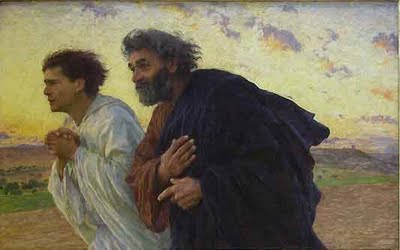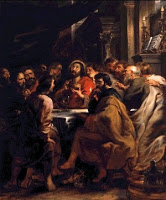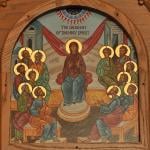After Jesus’ rejection in Samaria we find him once again on the road in Luke 9: 57. This passage is an important piece of the story of Jesus and the way of life he calls his disciples to. The text is not explicit about where Jesus is heading specifically, but we do know he continues to head generally toward Jerusalem. In this passage he interacts directly with three would be followers of him. These interactions do have a parallel in... Read more





















